02:12
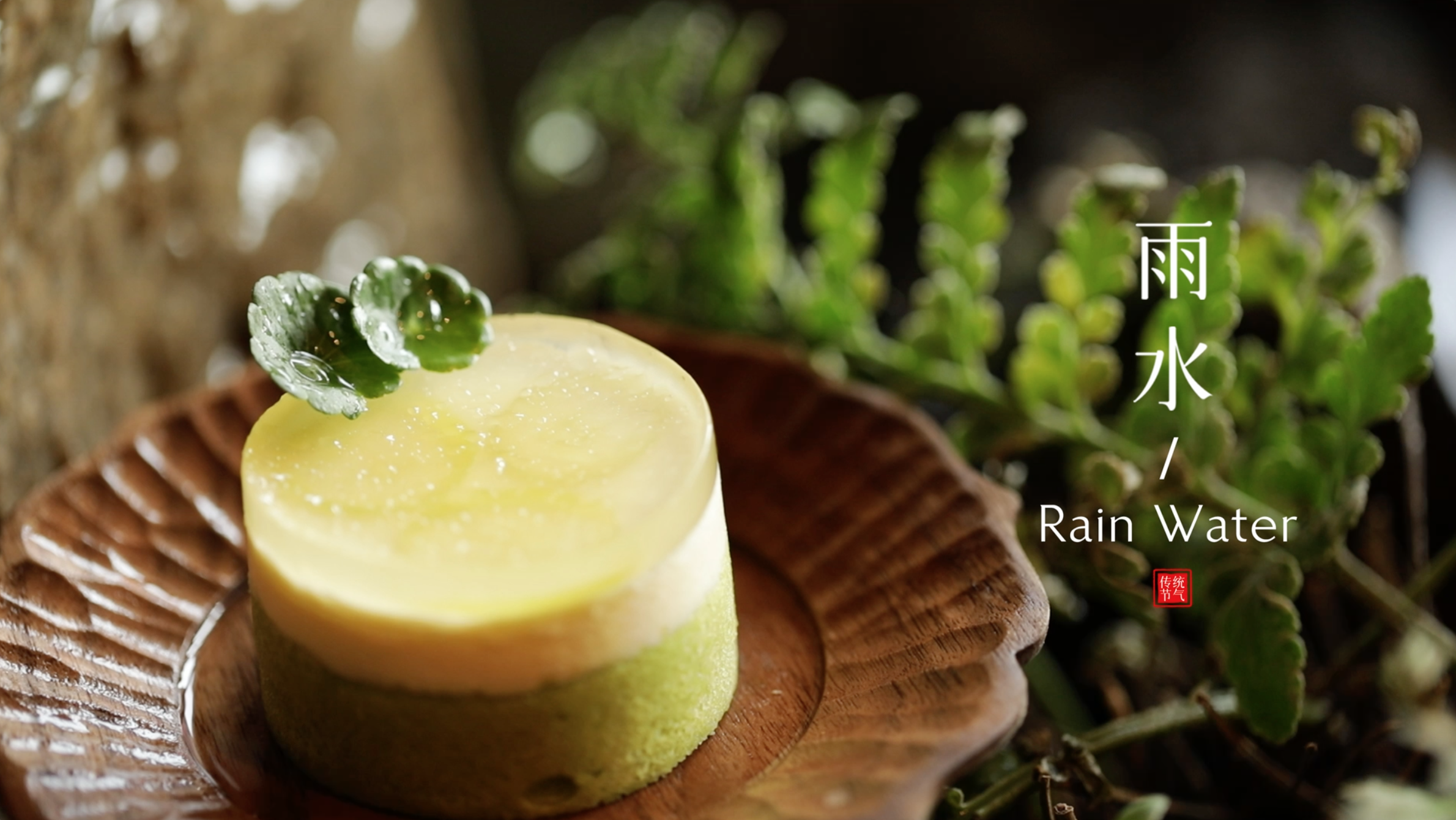
The 24 solar terms of the traditional Chinese calendar divide the year up based on the observation of the sun's circular motion, with each reflecting the changes of the season, climate, and the branch of science known as phenology. Inscribed in 2016 on the United Nations Educational, Scientific and Cultural Organization (UNESCO)'s world intangible cultural heritage list, this reflection of ancient Chinese wisdom has not only provided a time frame for daily routines and production but also has given rise to rich social and cultural connotations.
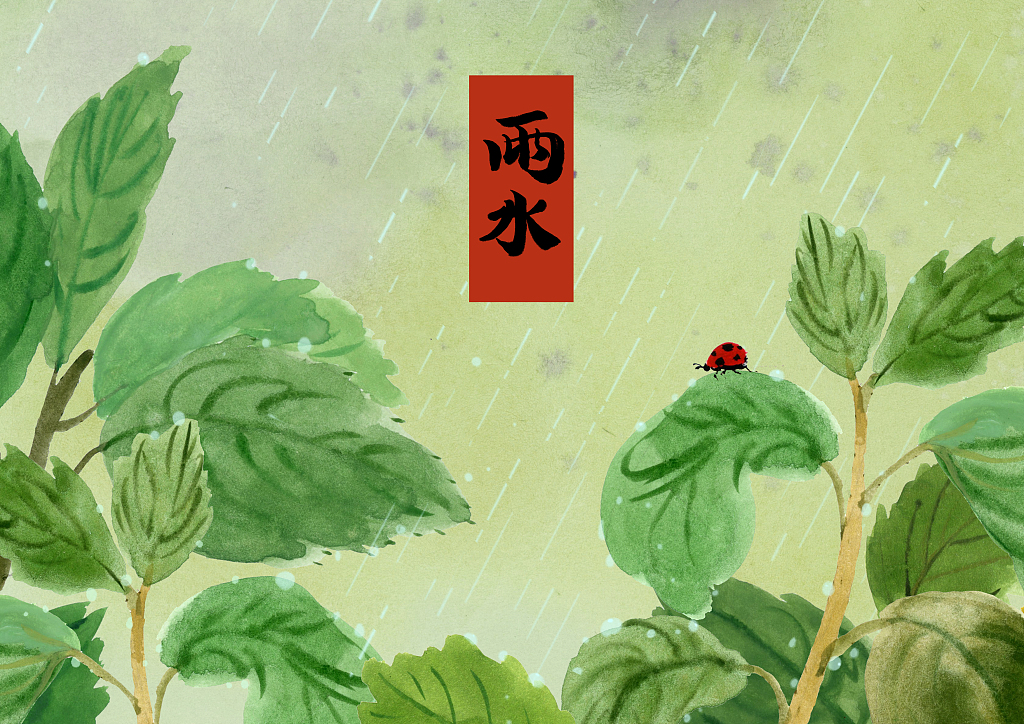
A stylized rendering of Rain Water, the 2nd solar term of spring. /CFP
A stylized rendering of Rain Water, the 2nd solar term of spring. /CFP
Rain Water starts on Feb. 19 this year. If the Start of Spring, or "Lichun," can be taken as a prelude to springtime, then Rain Water represents the early flowering of the season.
A signal of spring ploughing

A farmer is busy with spring ploughing in Yongzhou, Hunan Province, Feb. 18, 2021. /CFP
A farmer is busy with spring ploughing in Yongzhou, Hunan Province, Feb. 18, 2021. /CFP
As an old Chinese saying goes, the rainfall in spring is as precious as oil. The arrival of Rain Water marks the early blossoming of this season of planting and rejuvenation, giving people cause for hope and optimism.
Blessing the vast lands of the nation with rising temperatures, increasing rainfall, thawing rivers and the return of migratory birds, Rain Water, as its name indicates, marks a change in precipitation and is considered a key period for irrigation. During this time, farmers across the country will be busy with spring ploughing at the start of a new agricultural cycle.
Going beyond farming…the social and cultural connotations
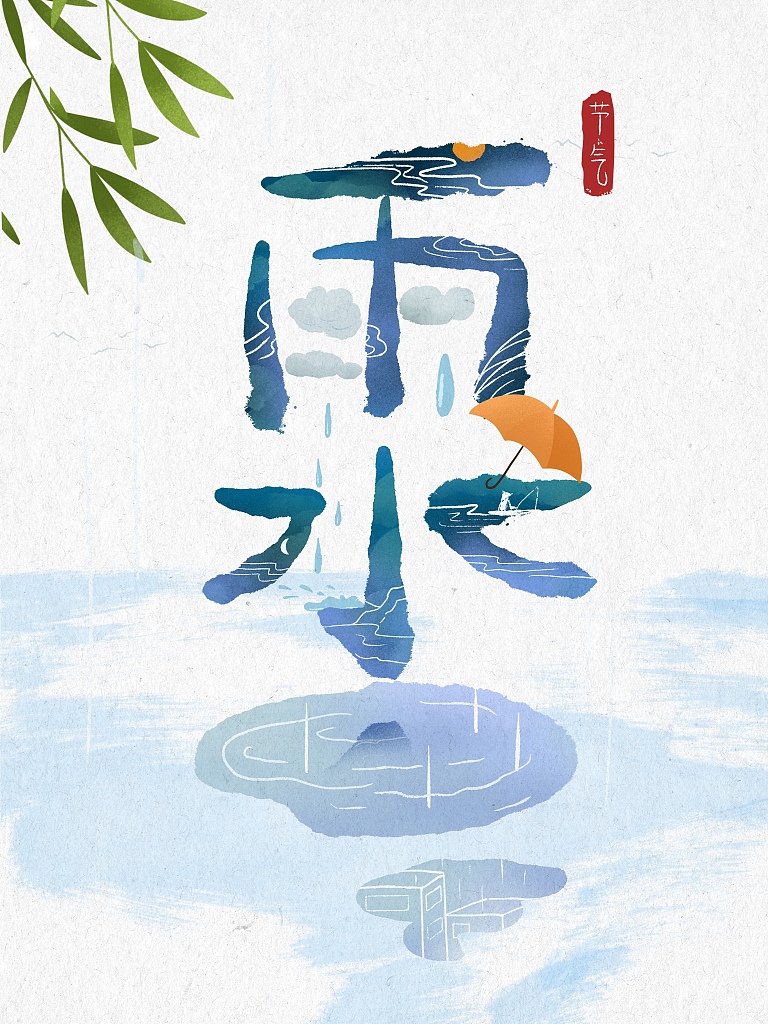
A stylized rendering of Rain Water. /CFP
A stylized rendering of Rain Water. /CFP
For families living in southwest China's Sichuan, a popular custom during Rain Water is for people to "grab a godfather" for their offspring.
Known as "Labaobao" in the local dialect, this folk custom dates back to ancient times. It sees parents seek out a godfather-like person – whether scholarly-looking, passionate, or simply in good health – to shower blessings and good luck on their children, and guarantee they grow up healthy and safe. Given the abundant rainfall, it is considered the most auspicious time to search for such a figure, representing vitality and hope. After the custom has been performed, the child and this godfather-like person may not have much contact.
Another popular tradition is kept alive mainly in the western part of Sichuan, where married women visit their parents' home with their husband, bringing gifts and expressing their gratitude for giving them such a good upbringing.
Traditional gifts include stewed pork preserved in a pot, a local delicacy, and chairs with long, red ribbons attached. These symbolize longevity, wishing the mother and father a long life.
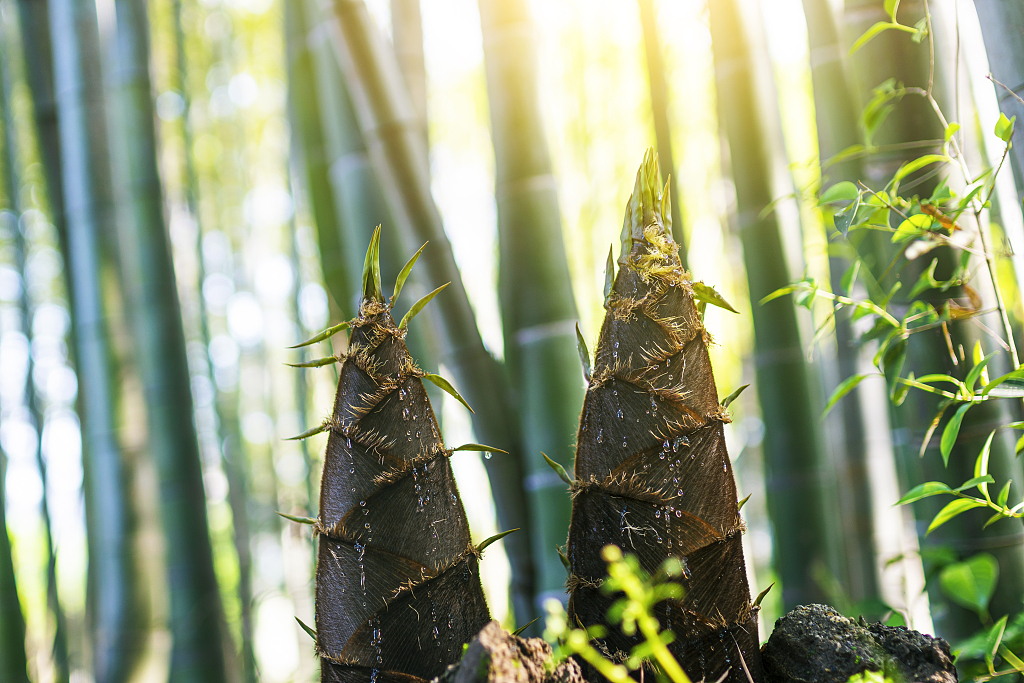
Fresh bamboo shoots rank among the most popular ingredients for dishes consumed during Rain Water. /CFP
Fresh bamboo shoots rank among the most popular ingredients for dishes consumed during Rain Water. /CFP
Fresh bamboo shoots rank among the most popular ingredients of the season, as the spring rainfall boosts their growth. Dishes made with these tender shoots are dubbed the "taste of spring."
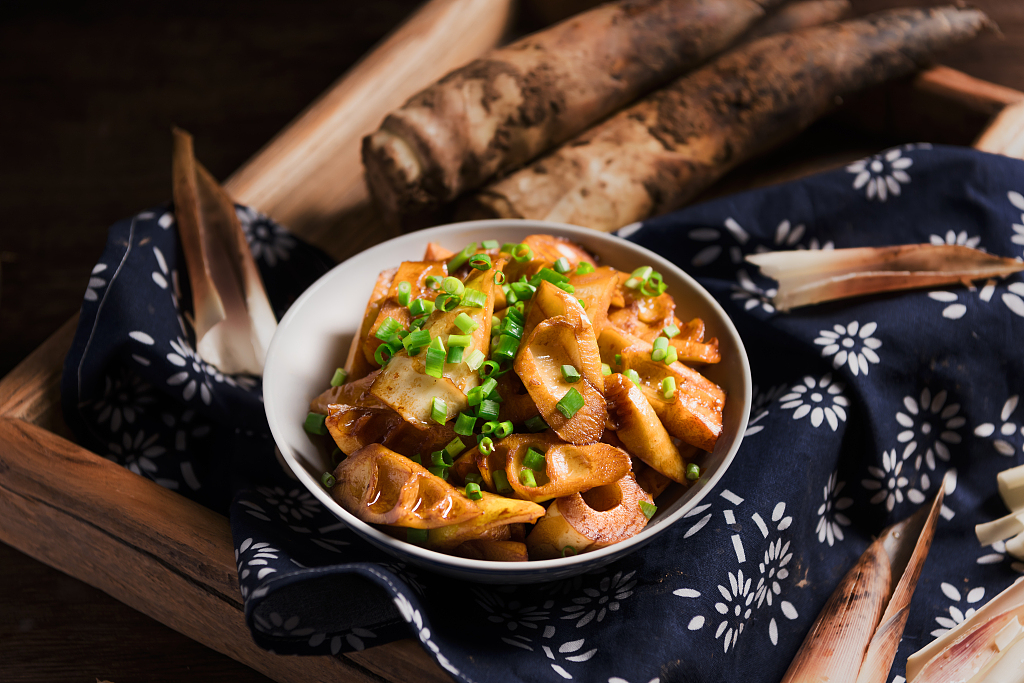
Dishes made with tender bamboo shoots are dubbed the "taste of spring." /CFP
Dishes made with tender bamboo shoots are dubbed the "taste of spring." /CFP